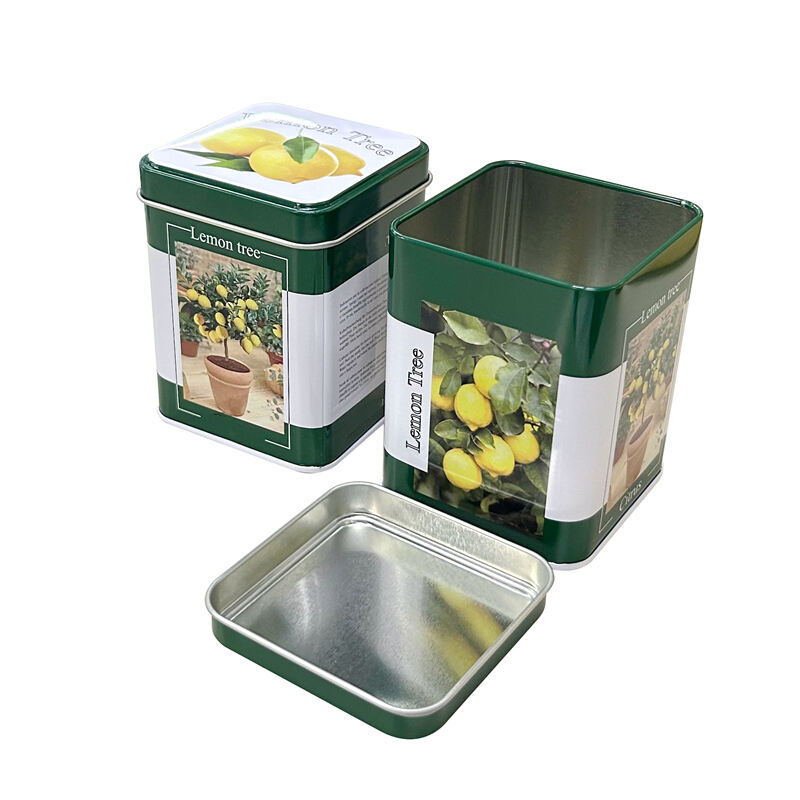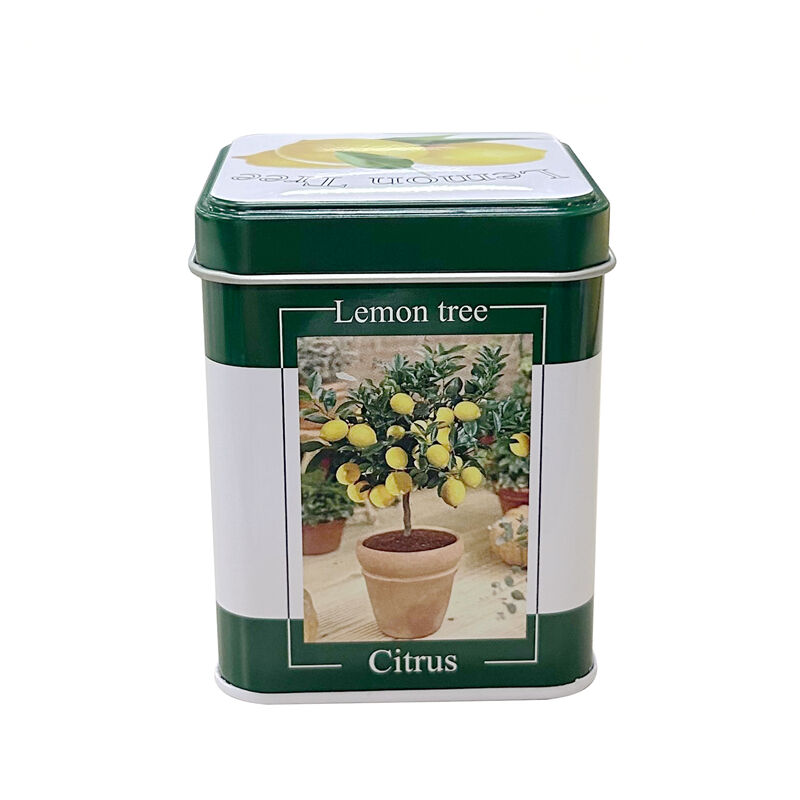Practical and Elegant: Why Rectangular Tins Are Ideal for Storing Food
Food storage solutions have evolved significantly over the years, but rectangular tins continue to stand out for their utility, durability, and aesthetic appeal. Especially in modern households and businesses that seek sustainable, stylish, and space-efficient packaging, the rectangular tin has proven to be a smart choice. Its unique blend of form and function makes it an excellent container for preserving both dry and semi-moist food items.
Optimal Shape for Storage Efficiency
Maximizing Shelf and Pantry Space
The rectangular shape allows for tighter packing on shelves, in cupboards, or inside storage drawers. Unlike round or irregular containers that waste corner space, rectangular tins align seamlessly, minimizing gaps and maximizing every inch of available area. This is particularly important for those managing small kitchens or commercial inventory.
Stackability and Uniform Organization
Rectangular tins are easy to stack. Whether storing tea, cookies, spices, or dry fruits, their flat surfaces allow for stable piling without the risk of tipping. This consistency not only helps keep pantries neat but also facilitates efficient stock rotation and easier labeling for both home and retail environments.
Superior Protection for Contents
Airtight Seals Preserve Freshness
Many rectangular tins are designed with snug-fitting or hinged lids that offer a relatively airtight seal. This feature helps retain the freshness of food, prevent contamination, and protect against moisture, pests, and odors. Some tins even include silicone linings or double-lid mechanisms to enhance barrier performance.
Durable Materials for Long-Term Use
Constructed from high-quality tinplate or food-grade metal, rectangular tins provide excellent resistance against crushing and external pressure. They protect fragile foods like biscuits, snacks, or herbs during transport and storage. Unlike plastic or glass, tins are less prone to cracking and more resilient to temperature changes.
Reusable and Eco-Friendly Solutions
Reducing Waste and Promoting Reuse
In the age of sustainability, the reusable nature of rectangular tins is a major benefit. Once the original contents are consumed, the tin can be cleaned and repurposed for other kitchen items or storage needs. This reduces single-use packaging waste and aligns with eco-conscious lifestyles and business practices.
Ideal for Gift Packaging and Branding
Rectangular tins can be printed, embossed, or labeled, offering ample surface area for logos, product information, or seasonal designs. This makes them a favorite for packaging gourmet products like chocolates, teas, or holiday treats. After the product is gone, the tin often remains as a branded keepsake, extending its promotional life.

Maintaining Food Quality Across Conditions
Temperature and Light Protection
Food-sensitive items like tea leaves, coffee beans, and spices benefit from the light-blocking properties of rectangular tins. The metal body shields contents from UV exposure, which can degrade flavor and nutritional value. Additionally, tins hold up well in both cool and warm environments without warping or leaching chemicals.
Easy to Clean and Sanitize
Rectangular tins have wide, accessible interiors, making them simple to clean. A quick rinse with mild soap and water is often enough to prepare them for reuse. Since they’re made of non-porous materials, they don’t retain odors or stains, unlike plastic or cardboard containers. This ensures food safety for subsequent use.
Versatility in Home and Commercial Applications
Everyday Kitchen Uses
From organizing loose tea to storing leftover snacks, rectangular tins are practical for daily kitchen tasks. Their sturdy form makes them great for transporting food as well—be it lunch boxes or picnic kits. The sealed design helps avoid spills, and their compact form easily fits into bags or lunch totes.
Suitable for Retail and Wholesale Settings
Retailers and distributors favor rectangular tins for packaging premium food items. In bulk environments, their durability ensures fewer product damages during shipping. For small businesses, custom tins double as product packaging and marketing tools, offering cost efficiency and long-term customer engagement.
FAQ
Are rectangular tins safe for storing all types of food?
Rectangular tins are best suited for dry or semi-dry foods like tea, coffee, nuts, cookies, or spices. For wet or highly acidic foods, ensure the tin is lined with a food-safe coating. Always verify food compatibility before use, especially for long-term storage.
How do I clean a rectangular tin after using it for food?
Clean the tin with warm water and mild dish soap using a non-abrasive sponge. Dry it thoroughly before reuse to prevent rust or odor buildup. Avoid putting it in a dishwasher unless it is labeled as dishwasher-safe.
Will rectangular tins affect the taste or aroma of food?
High-quality food-grade tins are designed not to alter taste or smell. However, improper cleaning or storing incompatible foods can lead to residue or odors. Using a liner or food-safe parchment paper inside the tin can add an extra layer of protection.
Can I reuse rectangular tins for non-food items?
Absolutely. Rectangular tins are ideal for storing stationery, sewing kits, batteries, craft supplies, and more. Their rigid structure and elegant look make them useful beyond the kitchen, both functionally and decoratively.

 EN
EN
 AR
AR BG
BG HR
HR CS
CS DA
DA NL
NL FI
FI FR
FR DE
DE EL
EL IT
IT JA
JA KO
KO NO
NO PL
PL PT
PT RO
RO RU
RU ES
ES SV
SV CA
CA IW
IW ID
ID LV
LV LT
LT SR
SR SK
SK SL
SL UK
UK VI
VI SQ
SQ HU
HU TR
TR FA
FA MS
MS GA
GA CY
CY LA
LA